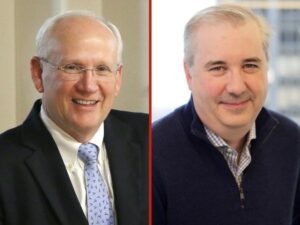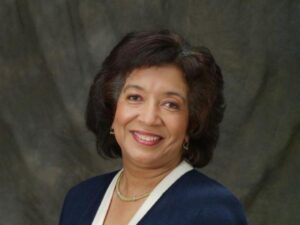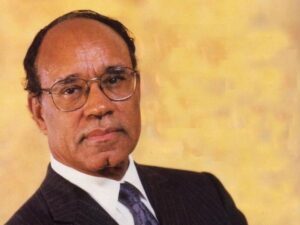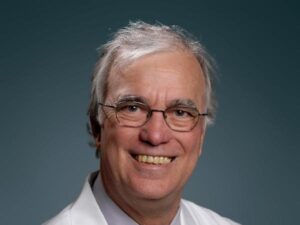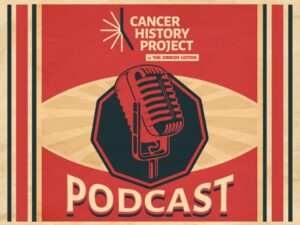President Joe Biden’s new national goal for the reignited Cancer Moonshot—to cut today’s age-adjusted cancer mortality rates by at least 50% before 2050—is bold, but achievable, said NCI Director Ned Sharpless.
The COVID-19 pandemic disrupted cancer screening and treatment and exacerbated health disparities, but also created unexpected opportunities in cancer research and care, a recent report from the American Association for Cancer Research states.
Raymond N. DuBois has joined The Mark Foundation for Cancer Research as executive chairman of the board.
Edith Mitchell came a long way from growing up on a Tennessee farm, to becoming a brigadier general and serving on the President’s Cancer Panel.
Join the Cancer History Project for a discussion of the evolution of the health equity movement: A Black History Month panel Feb. 23 at 7 p.m.
In a 14:1 vote, ODAC nixes a PD-1 drug developed in China; data not generalizable to U.S. population
The FDA Oncologic Drugs Advisory Committee expressed decisive support for the agency’s view that data from trials of checkpoint inhibitors performed in mainland China aren’t applicable to the U.S. population.
On Feb. 1, as President Joe Biden was preparing to fire up the Cancer Moonshot, Eric Lander was the scientist in charge of mission control.
Harold Freeman had big plans after he finished his residency at Memorial Sloan Kettering Cancer Center in 1968. He planned to cut cancer out of Harlem.
On Jan. 24, 2022, the world lost a pioneer in bone marrow transplantation—now more-commonly referred to as hematopoietic cell transplantation. William Vaughan, MD, MBA, will always be known for his kindness, his approachability, and his unwavering commitment to improving patient safety and outcomes.
The Cancer History Project’s podcast will provide a collection of oral histories and interviews with the people who have shaped oncology as we know it.




